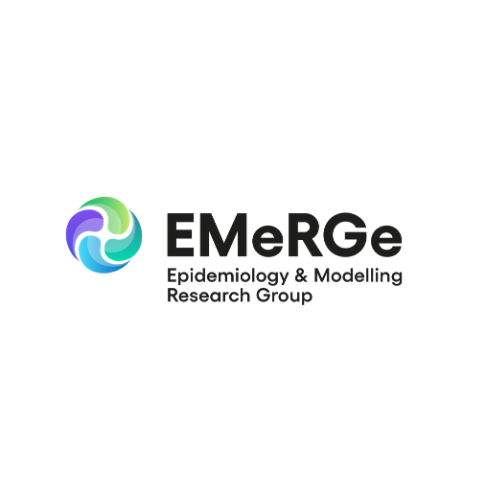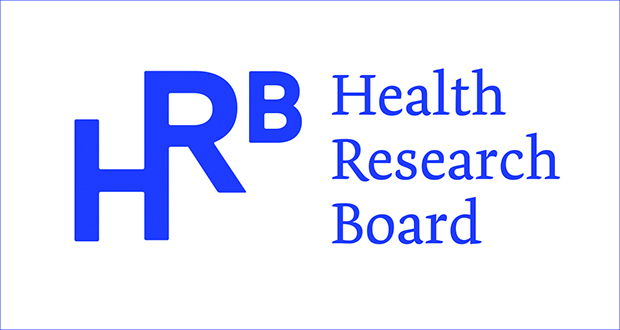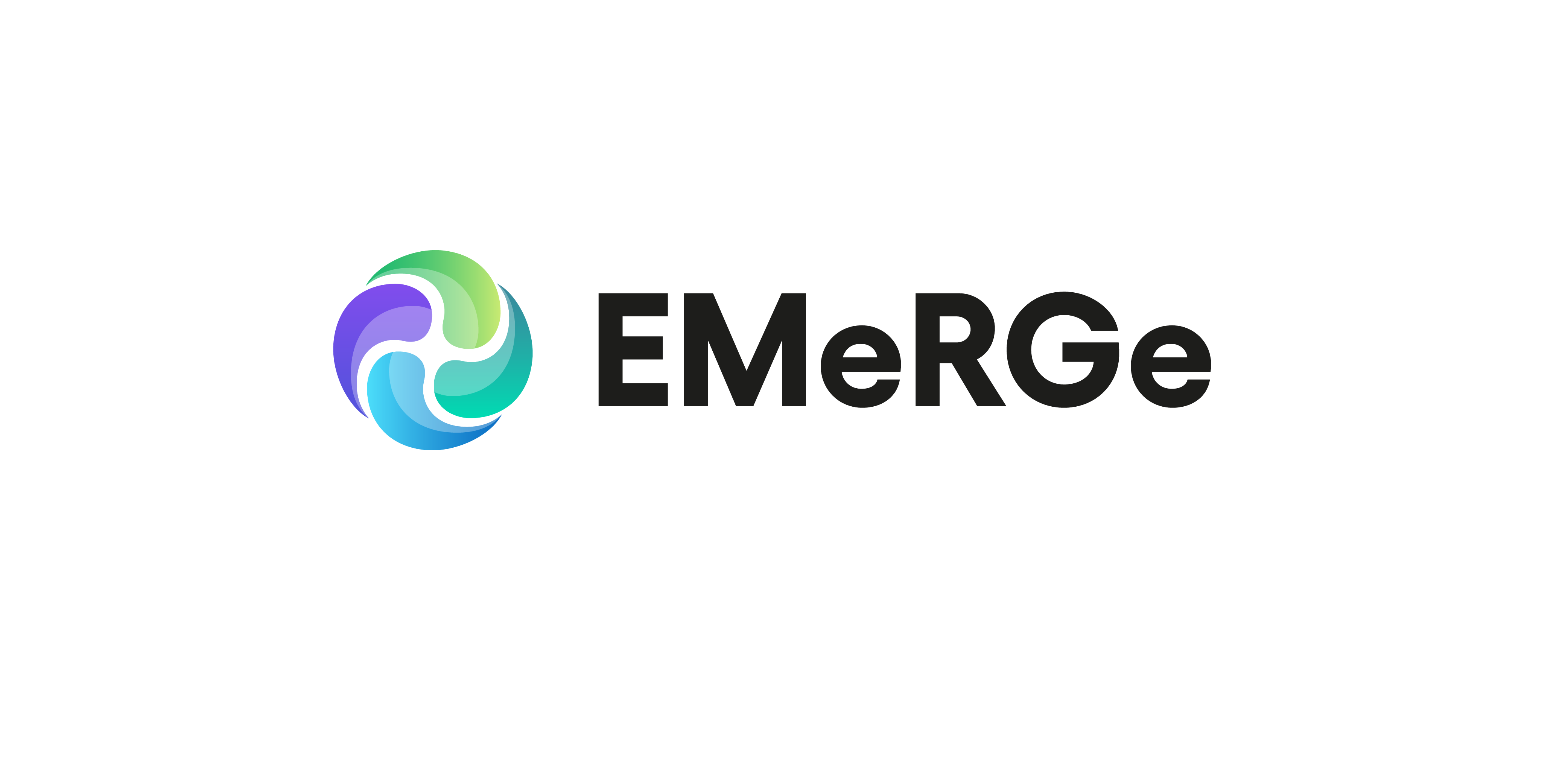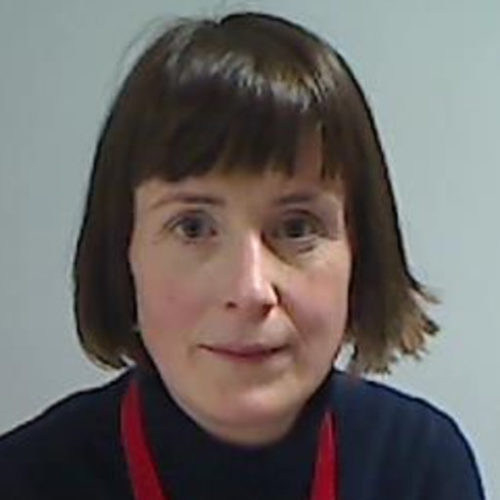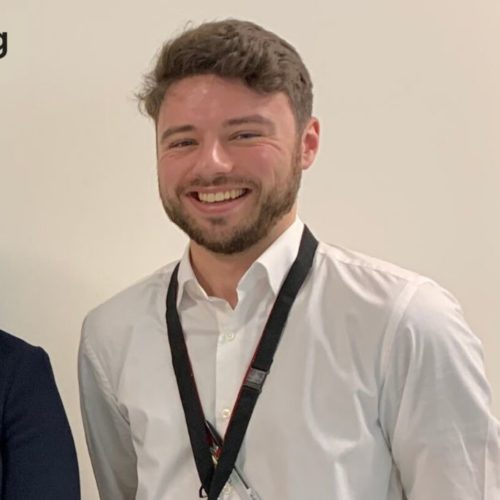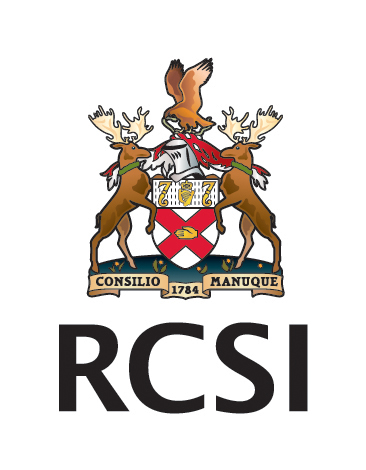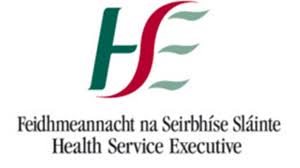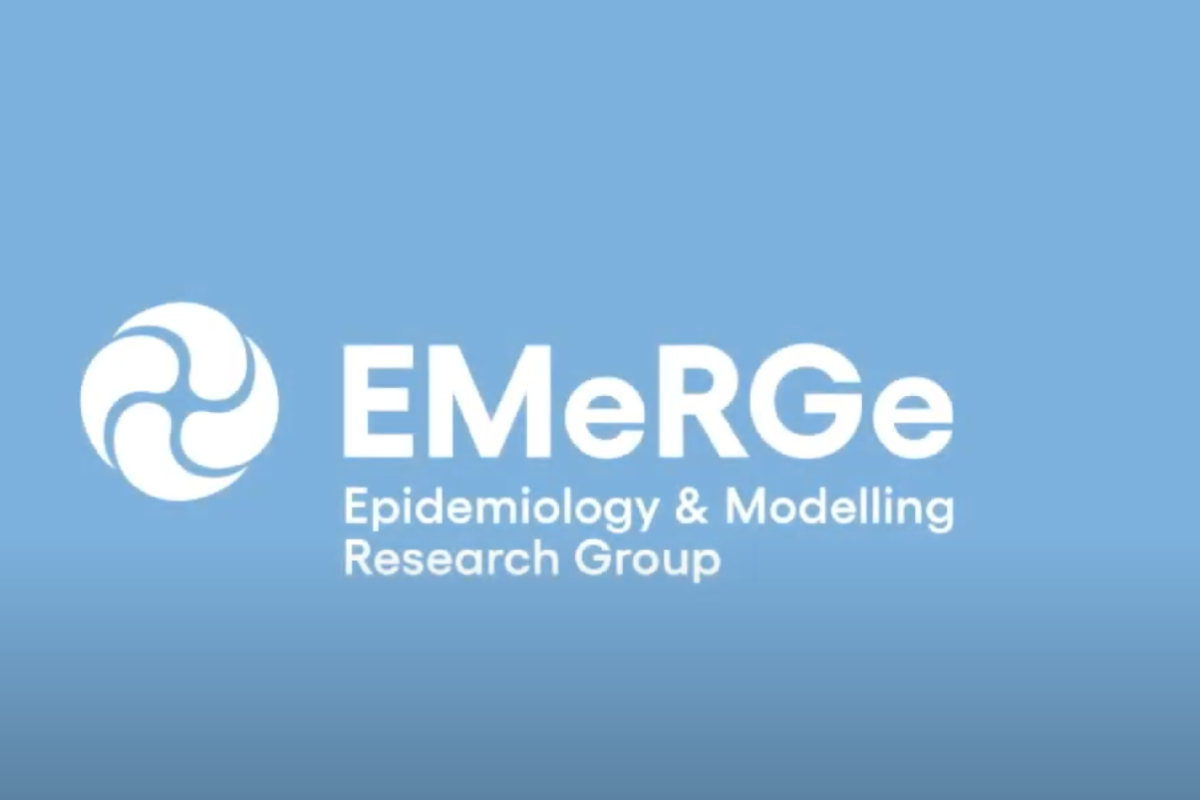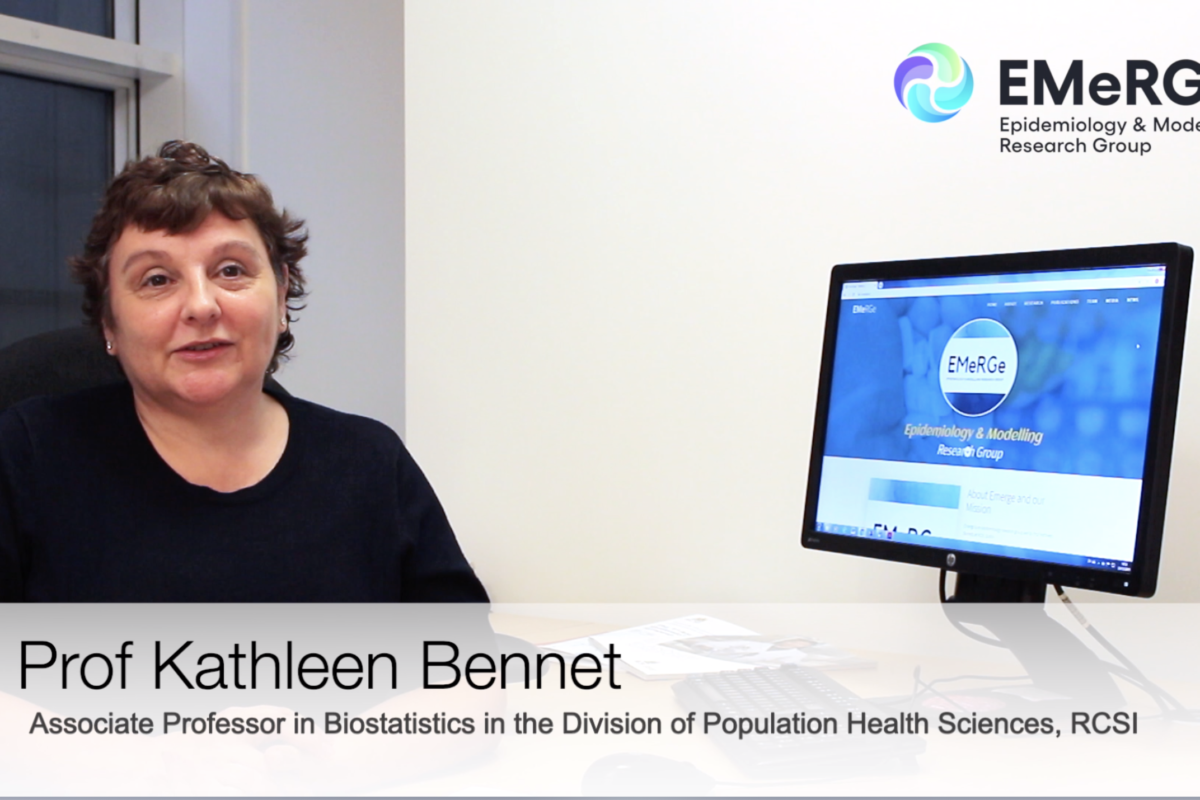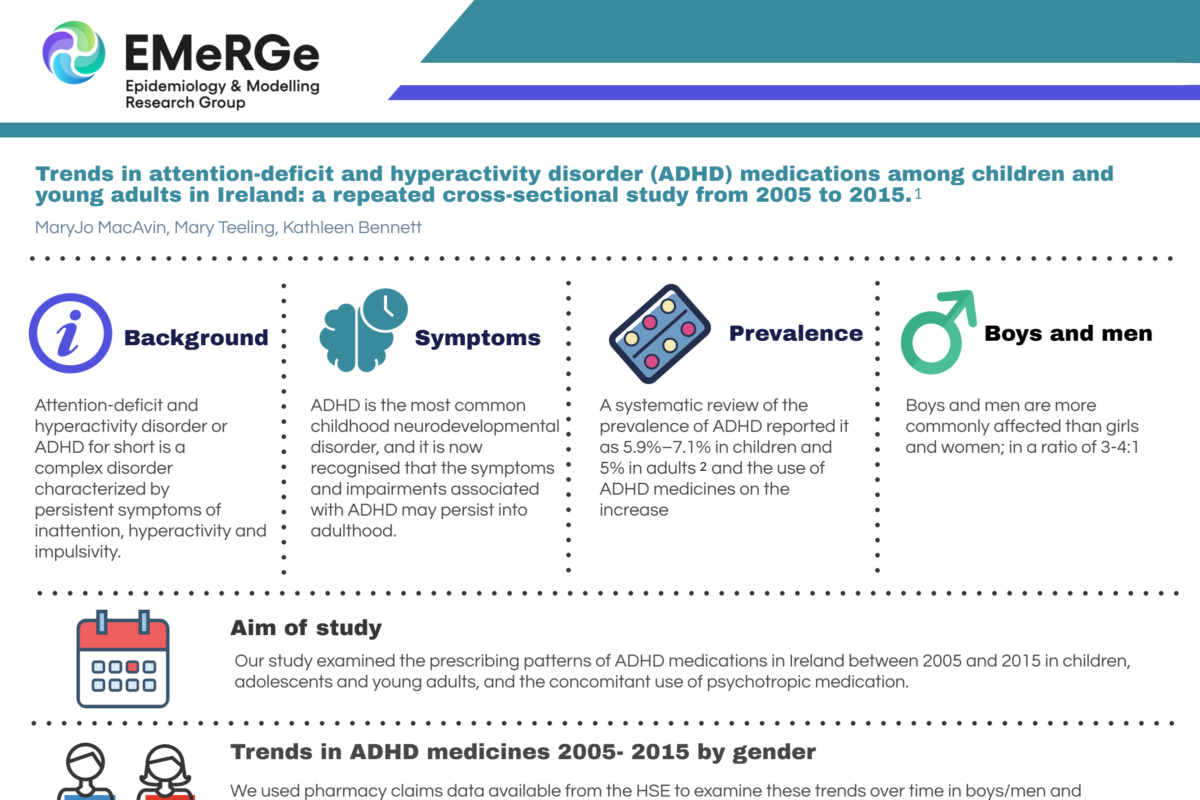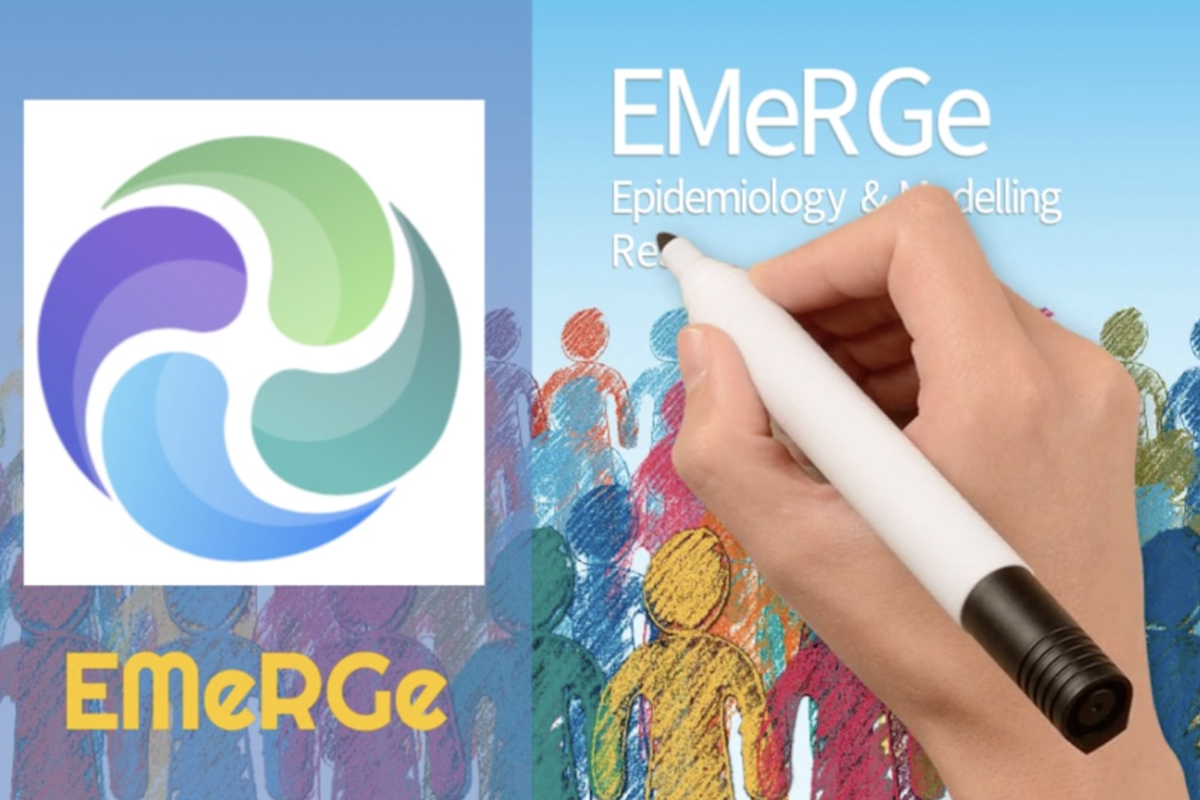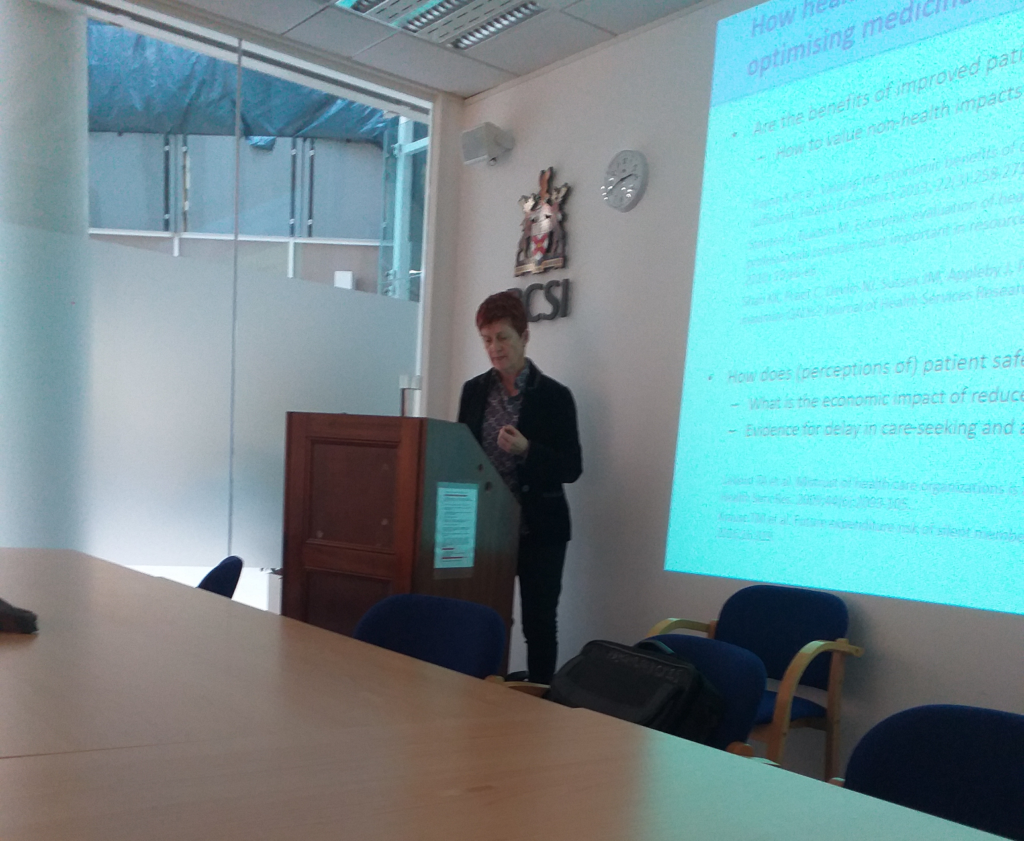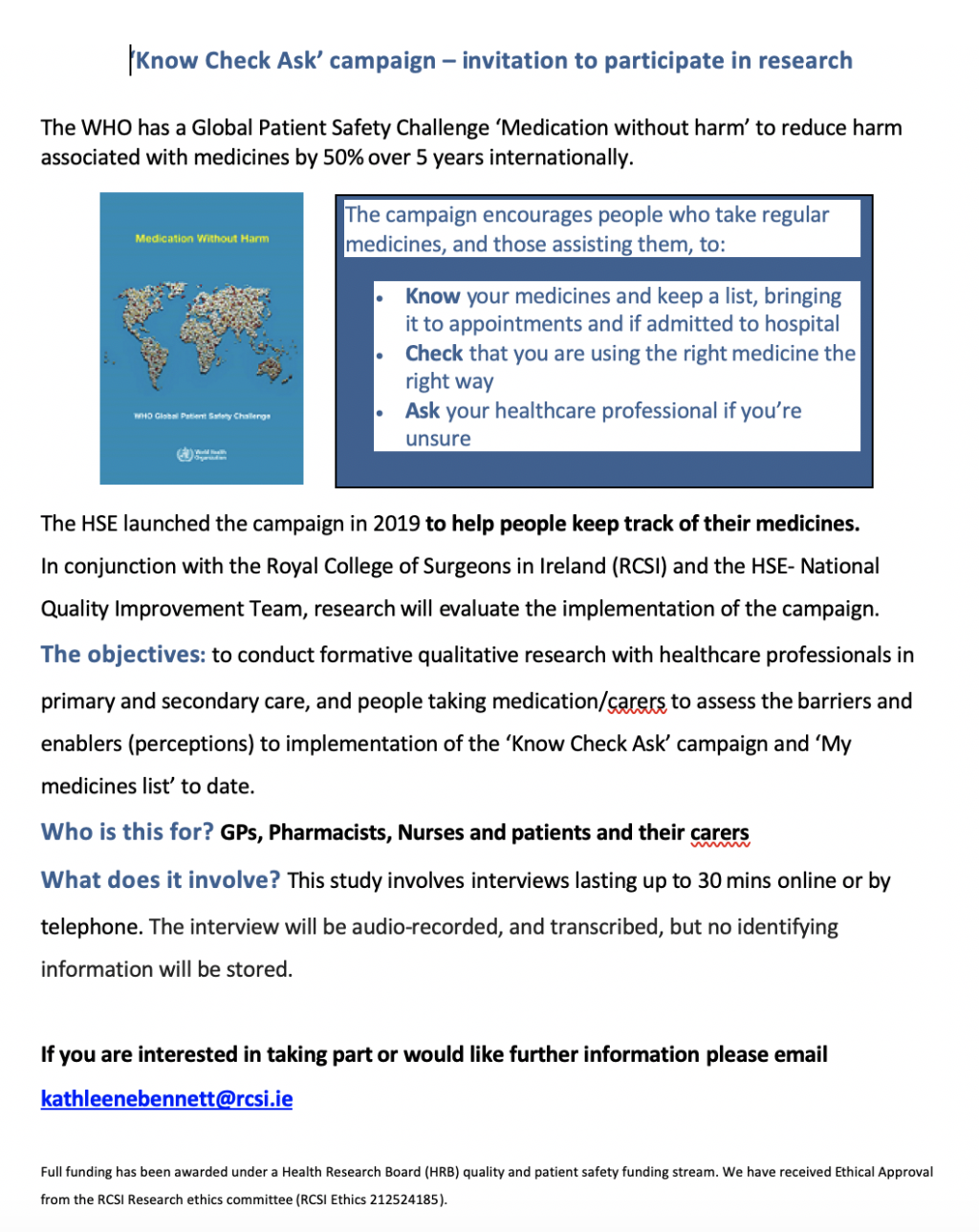Walsh CA, Cahir C, Bennett KE. Longitudinal Medication Adherence in Older Adults With Multimorbidity and Association With Health Care Utilization: Results From the Irish Longitudinal Study on Ageing. 2021;55(1):5-14.
Link to Paper
Sexton E, Hickey A, Williams D, Horgan F, Byrne E, Macey C, Cuffe P, Timmons S, Collins R, Bennett K. Identifying priority interventions for stroke in Ireland through stakeholder engagement to inform population-based modelling: a mixed methods protocol. 2021;4(109).
Link to Paper
Sexton E, Donnelly N-A, Merriman NA, Hickey A, Wren M-A, O’Flaherty M, Bandosz P, Guzman-Castillo M, Williams DJ, Horgan F, Pender N, Feeney J, de Looze C, Kenny RA, Kelly P, Bennett K. StrokeCog Markov Model: Projected Prevalent and Incident Cases of Stroke and Poststroke Cognitive Impairment to 2035 in Ireland. 2021;52(12):3961-9.
Link to Paper
Mullooly M, White G, Bennett K, O’Doherty A, Flanagan F, Healy O. Retrospective radiological review and classification of interval breast cancers within population-based breast screening programmes for the purposes of open disclosure: A systematic review. European Journal of Radiology. 2021;138.
Link to Paper
Moriarty F, Savva GM, Grossi CM, Bennett K, Fox C, Maidment I, Loke, YK, Steel N, Kenny RA, Richardson K. Cognitive decline associated with anticholinergics, benzodiazepines and Z-drugs: Findings from The Irish Longitudinal Study on Ageing (TILDA). 2021;87(7):2818-29.
Link to Paper
Merriman NA, Gillan D, Pender N, Williams DJ, Horgan F, Sexton E, Johnston M, Bennett KE, Donnelly NA, Wren MA, Hickey A. The StrokeCog study: development and description of a cognition-focused psychological intervention to address cognitive impairment following stroke. Psychology & Health. 2021;36(7):792-809.
Link to Paper
Menditto E, Cahir C, Malo S, Aguilar-Palacio I, Almada M, Costa E, Giardini A, Gil Peinado M, Massot Mesquida M, Mucherino S, Orlando V, Parra-Calderón CL, Pepiol Salom E, Kardas P, Vrijens B. Persistence as a Robust Indicator of Medication Adherence-Related Quality and Performance. 2021;18(9):4872.
Link to Paper
Mee B, Kirwan M, Clarke N, Tanaka A, Manaloto L, Halpin E, Gibbons U, Cullen A, McGarrigle S, Connolly EM, Bennett K, Gaffney E, Flanagan C, Tier L, Flavin R, McElvaney NG. What GDPR and the Health Research Regulations (HRRs) mean for Ireland: a research perspective. Irish Journal of Medical Science (1971 -). 2021;190(2):505-14.
Link to Paper
Lynn E, Cousins G, Lyons S, Bennett KE. Trends in drug poisoning deaths, by sex, in Ireland: a repeated cross-sectional study from 2004 to 2017. 2021;11(9):e048000.
Link to Paper
Kirwan M, Mee B, Clarke N, Tanaka A, Manaloto L, Halpin E, Gibbons U, Cullen A, McGarrigle S, Connolly EM, Bennett K, Gaffney E, Flanagan C, Tier L, Flavin R, McElvaney NG
What GDPR and the Health Research Regulations (HRRs) mean for Ireland: “explicit consent”—a legal analysis. Irish Journal of Medical Science (1971 -). 2021;190(2):515-21.
Link to Paper
Hughes JE, Russo V, Walsh C, Menditto E, Bennett K, Cahir C. Prevalence and Factors Associated with Potential Drug-Drug Interactions in Older Community-Dwelling Adults: A Prospective Cohort Study. Drugs & Aging. 2021;38(11):1025-37.
Link to Paper
Hughes JE, Buckley N, Looney Y, Kirwan G, Curran S, Doherty CP, Mullooly M, Bennett K. Awareness, knowledge and practice of healthcare professionals following implementation of a Pregnancy Prevention Program for sodium valproate in Ireland: a multi-stakeholder cross-sectional study. Expert Opinion on Drug Safety. 2021;20(8):965-77.
Link to Paper
González Vázquez AG, Blokpoel Ferreras LA, Bennett KE, Casey SM, Brama PA, O’Brien FJ. Systematic Comparison of Biomaterials-Based Strategies for Osteochondral and Chondral Repair in Large Animal Models. 2021;10(20):2100878.
Link to Paper
Gajewska KA, Biesma R, Bennett K, Sreenan S. Barriers and facilitators to accessing insulin pump therapy by adults with type 1 diabetes mellitus: a qualitative study. Acta Diabetologica. 2021;58(1):93-105.
Link to Paper
Durand L, Boland F, O’Driscoll D, Bennett K, Barry J, Keenan E, Fahey T, Cousins G. Factors associated with early and later dropout from methadone maintenance treatment in specialist addiction clinics: a six-year cohort study using proportional hazards frailty models for recurrent treatment episodes. Drug and Alcohol Dependence. 2021;219:108466.
Link to Paper
Conlan K, McGrath J, Teeling M, MacAvin MJ, Bennett K, Gallagher L. Antipsychotic prescribing in GMS paediatric and young adult population in Ireland 2005–2015: repeated cross-sectional study. Irish Journal of Psychological Medicine. 2021:1-10.
Link to Paper
Cadogan CA, Murphy M, McLean S, Bennett K, Hughes CM. Development of criteria for identifying potentially inappropriate prescribing in older adults with cancer receiving palliative care (PIP-CPC). Journal of Geriatric Oncology. 2021;12(8):1193-9.
Link to Paper
Cadogan CA, Bradley CP, Bennett K. Impact of changes in controlled drugs legislation on benzodiazepine receptor agonist prescribing in Ireland: a repeated cross-sectional study. European Journal of Clinical Pharmacology. 2021;77(6):903-12.
Link to Paper
Briody J. Parental unemployment during the Great Recession and childhood adiposity. Social Science & Medicine. 2021;275:113798.
Link to Paper
Bennett KE, Mullooly M, O’Loughlin M, Fitzgerald M, O’Donnell J, O’Connor L, Oza A, Cuddihy J. Underlying conditions and risk of hospitalisation, ICU admission and mortality among those with COVID-19 in Ireland: A national surveillance study. The Lancet Regional Health – Europe. 2021;5:100097.
Link to Paper
Algeo N, Bennett K, Connolly D. Rehabilitation interventions to support return to work for women with breast cancer: a systematic review and meta-analysis. BMC Cancer. 2021;21(1):895
Link to Paper
